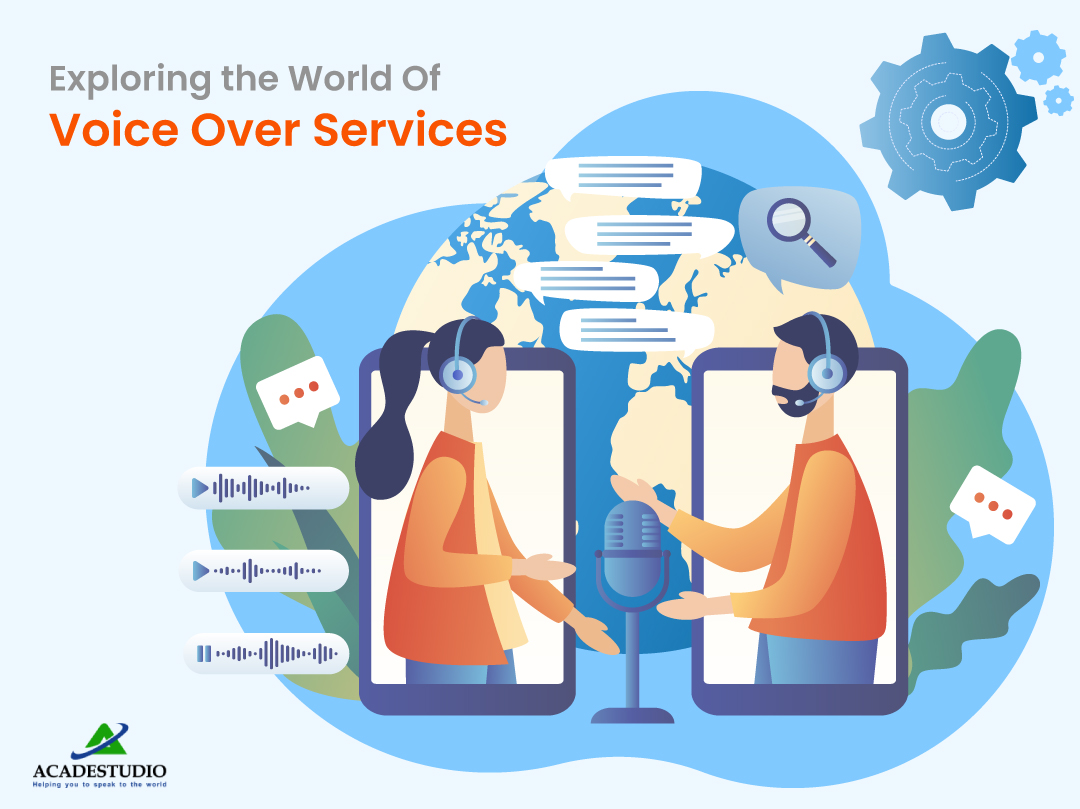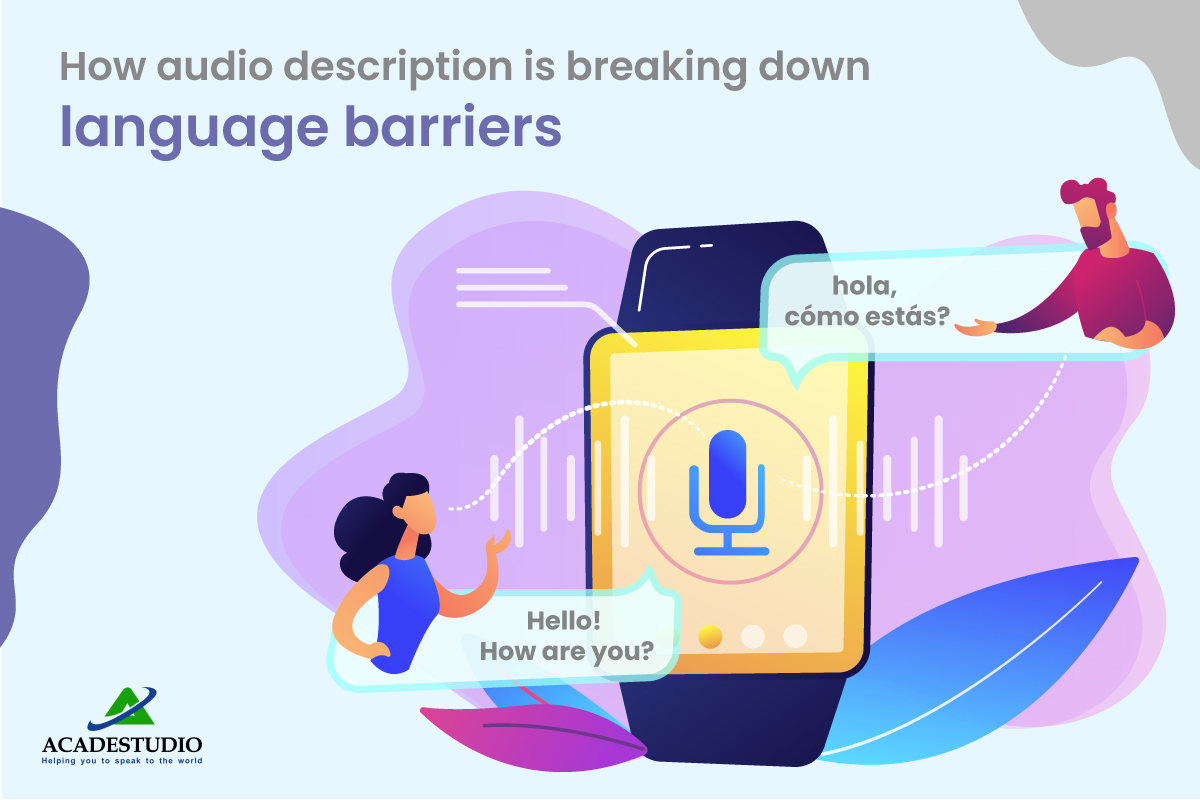Have you ever been in a
legal setting where you could not communicate effectively due to a language
barrier? Legal Interpretation Services
can bridge this gap and ensure that you fully understand your legal rights and
obligations. However, navigating the legal terminology interpretation services
world can be daunting, especially if you're unfamiliar with the different types
of interpretation available. That's why we've created a complete guide to legal
translation services to help you understand everything you need to know.
In this guide, we'll
cover the different types of legal interpretation, the qualifications of
interpreters, and how to choose the right service for your needs. Whether
you're an attorney, a defendant, or someone who needs interpretation services
for legal terms, this guide will equip you with the knowledge you need to make
informed decisions.
What are Legal
Interpretation Services?
Legal interpretation
services are professional language services that help individuals or
organizations communicate effectively in legal contexts where language barriers
exist. These services can interpret spoken or written content in legal
settings, such as courtrooms, law firms, and immigration offices. They may use
different types of interpretation, including simultaneous interpretation,
consecutive interpretation, and sight translation, to accurately convey legal
concepts and terminology from one language to another. It requires highly
skilled and trained interpreters with legal terminology and concepts knowledge.
After knowing the
interpretation of legal terms, let's understand their types.
Importance of Legal
Interpretation Services
Legal interpretation is
a critical component of any legal system that strives to provide access to
justice for all. Understanding and communicating in one's native language is a
fundamental right that should not be denied. Here, we will explore the
importance of legal interpretation in various legal contexts and how it helps
bridge language barriers. Following are:
Access to Justice
Legal interpretation
services ensure that non-English speakers or those with limited English
proficiency have access to the justice system. It ensures that everyone can
communicate effectively and understand their rights and obligations, regardless
of language. Legal interpretation helps people to participate fully in legal
proceedings and receive equal treatment under the law.
Accuracy and Precision
In legal settings,
accuracy and precision are essential. Legal translation services are critical
in ensuring that legal content is accurately translated from one language to
another. Any misinterpretation can have serious consequences, including
wrongful convictions, deportation, or financial loss. Therefore, legal
interpreters are highly trained professionals who understand legal terminology
and concepts, ensuring that translations are accurate and precise.
Multicultural Society
In today's multicultural
society, legal interpretation services are essential in many legal settings.
Lawyers, judges, and other legal professionals often encounter clients who need
to speak English or have limited English proficiency. These can help them
communicate with their clients and ensure that they understand the legal
process and their rights.
Business and Legal
Transactions
These interpretation services for Legal terms are also essential in business and legal transactions
that cross language barriers. Companies often work with international partners
or clients, and legal translation services can help them communicate
effectively in legal matters. Legal interpretation can also help businesses
navigate different legal systems and ensure compliance with all relevant laws
and regulations.
Type of Legal
Interpretation
Legal Interpretation
services involve translating spoken or written content from one language to
another, which can take different forms depending on the situation. Here we'll
discuss the different types of legal interpretation and how they are used in
various legal settings.
Simultaneous
Interpretation
An interpreter who
offers simultaneous interpretation translates spoken content as it is provided
in real-time. Moreover, interpreters translate the proceedings for individuals
who do not speak English in a soundproof booth in courtrooms where they are
frequently employed. Participants can hear the translation with headphones as
the interpreter speaks into a microphone.
Consecutive
Interpretation
Consecutive
interpretation is one of the legal services that involves the interpreter
translating content after it has been spoken. Therefore, the speaker regularly
pauses to allow the interpreter to translate the content. This interpretation
is frequently utilized in legal depositions, where the interpreter translates
the parties' questions and responses.
Sight Translation
Generally, Sight
translation involves the interpreter translating written content from one
language to another. Hence, when translating papers like contracts, immigration
forms, or legal agreements, this interpretation is frequently utilized in legal
contexts.
Whispered
Interpretation
Whispered
interpretation, also known as "chuchotage," involves the interpreter
whispering a simultaneous interpretation to the participant. Moreover, this
interpretation is commonly used in small-group settings or situations where
participants may not have access to headphones, such as a client meeting with
their attorney.
Conference
Interpretation
Conference
interpretation involves an interpreter translating content in a conference or
seminar setting. This type of interpretation can be simultaneous, consecutive,
or whispered, depending on the situation.
Qualification for Legal
Interpretation Services’ Interpreters
Legal Interpreting
services provide interpreters that play a critical role in ensuring accurate
communication in legal settings. To become a legal interpreter, individuals
must have fluency in both languages, knowledge of legal terminology, and
cultural awareness. Additionally, they must also complete specialized training
and education to understand legal systems and procedures. Many countries
require certification or accreditation for legal interpreters to ensure their competence
and professionalism. Moreover, qualifications for legal interpreters vary by
jurisdiction but often include passing language proficiency exams and training
programs. Choosing a qualified legal interpreter is essential to ensure the
interpretation is accurate and impartial.
How to Choose the Right
Legal Interpreting Services?
Choosing the right legal interpretation services can be crucial in ensuring effective communication in
legal settings. Here are a few things to consider when selecting a legal
interpretation service:
- Qualifications: To choose the right
legal interpretation service, look for interpreters who have experience in
legal interpretation, and hold certification or accreditation.
- Specialization: Look
for an interpretation service specializing in the legal field and has
experience with the specific type of legal interpretation required.
- Quality: Choose
a service that emphasizes quality control and accuracy to ensure that the interpretation
is high quality.
- Technology: Consider
the interpretation service’s technology, such as remote interpreting platforms
or audio equipment, to ensure that the interpretation delivers.
Conclusion
Legal interpretation is a critical service that
ensures accurate communication in legal settings. There are various types of
legal interpretation, including simultaneous, consecutive, sight, whispered,
and escort interpretation, each suited to different legal scenarios. Legal
interpreters must have specialized training and education and possess fluency
in both languages, knowledge of legal terminology, and cultural awareness. When
choosing legal interpretation services, it's essential to consider factors such
as qualifications, specialization, quality, and technology. By selecting the
right interpretation service, clients can ensure effective communication and
accurate translations, leading to successful legal outcomes.












- From Mobile - 11 min ago
Bring to the table win-win survival strategies to ensure proactive domination. At the end of the day, going forward, a new normal that has evolved from generation X is on the runway heading towards a streamlined cloud solution.
- From Mobile - 7 min ago
Capitalize on low hanging fruit to identify a ballpark value added activity to beta test. Override the digital divide with additional clickthroughs from DevOps. Nanotechnology immersion along the information highway
- From Web - 2 min ago
A new normal that has evolved from generation X is on the runway
- From Mobile - 11 min ago
Capitalize on low hanging fruit to identify a ballpark value added
- From Web - 2 min ago
Real-time will have multiple touchpoints for offshoring.